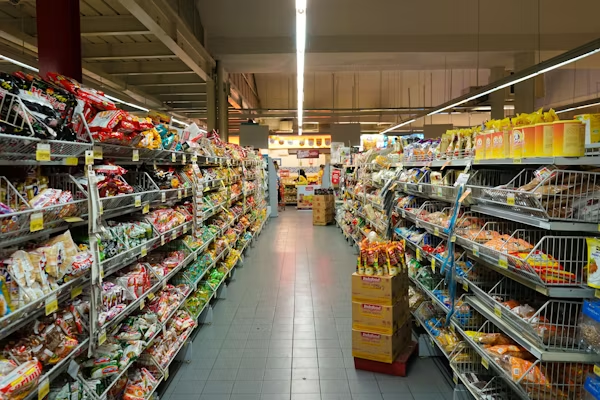Food prices rose again in August, marking the fifth consecutive monthly increase. Official figures show the fastest pace since early last year.
The cost of food and non-alcoholic drinks climbed at an annual rate of 5.1%. Beef, butter, milk and chocolate saw steep price surges.
While food costs jumped, slower growth in other areas such as air fares kept overall inflation at 3.8%. That matches July’s figure.
Economists explained supermarkets are passing higher wage and National Insurance costs onto shoppers through price increases.
Bank of England faces pressure
Inflation still exceeds the Bank of England’s 2% target. Markets expect the rate-setting committee to hold interest rates on Thursday.
Chancellor Rachel Reeves acknowledged families are struggling. She said she is determined to cut costs and support households with higher bills.
In her first Budget, Reeves raised National Insurance Contributions for employers and increased the minimum wage. Businesses warned this would raise consumer prices.
Reeves promised firms she would avoid further borrowing or tax hikes. Yet speculation grows over possible changes in her upcoming Budget.
Shadow chancellor Sir Mel Stride called rising prices “deeply worrying”. He accused Labour’s tax policies of fuelling inflation.
Food inflation outpaces Europe
The Office for National Statistics said food and drink prices jumped 5.1%, the steepest rise in 19 months.
It noted UK inflation remains higher than in France and Germany. France’s inflation in August was 0.8%, while Germany recorded 2.1%.
KPMG economist Yael Selfin said Britain has become an “outlier” on inflation compared to major economies.
She argued domestic policies, especially higher National Insurance Contributions, pushed up business costs. Companies passed these on to consumers.
Beef, butter and chocolate surge
Beef and veal prices rose nearly 25% in the year to August. Butter increased almost 19%, while chocolate climbed 15.4%.
The British Retail Consortium warned food costs now outpace average wage growth of 4.7% between May and July.
Its director Kris Hamer said families struggle as food inflation overtakes earnings. But some relief came from lower prices for clothing and footwear as retailers cleared summer stock.
Staple foods such as cereals and pasta also fell slightly in August.
Central bank weighs next move
ING economist James Smith said the inflation figure poses challenges for the Bank of England.
He noted the unchanged 3.8% rate complicates chances for further interest rate cuts this year.
Smith warned food inflation could rise further before year-end. The Bank has already cut rates five times since last August, lowering borrowing costs to 4%.
Officials expect inflation to peak at 4% in September. Markets widely anticipate no rate change this week.
Capital Economics doubts a cut will follow in November. But its chief economist Paul Dales predicts weaker wage growth will eventually bring UK inflation closer to US and eurozone levels.
He expects the Bank to reduce rates from 4% to 3% by late next year.
Bakeries feel the pinch
Tom Egan, co-founder of Coosh Bakery in Nottingham, said chocolate and butter prices have hit his business hard.
Adverse weather in cocoa-growing countries doubled supplier prices. He said a 10kg batch that once cost £60 now costs over £150.
Butter prices have risen 50% in a year as milk imports dropped. Suppliers explained reduced supply pushed prices sharply higher.
Egan added the rise in National Insurance Contributions has also hurt. His bakery now hesitates to invest in equipment and technology to boost productivity.


